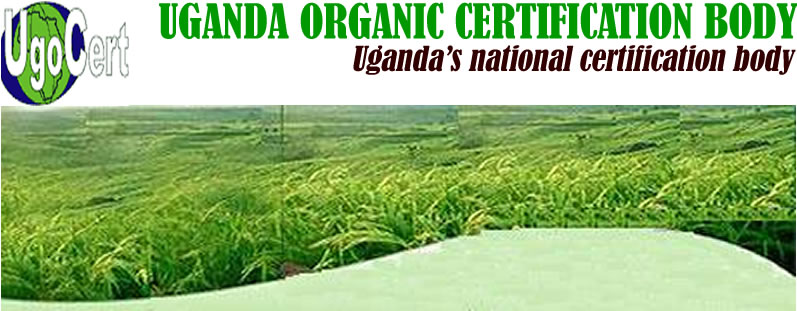Organic farming has been gaining in popularity over the past few years, as it aims to avoid the use of harmful pesticides and other chemicals. Despite this, there are a few drawbacks to organic farming that should be considered before abandoning conventional farming.
What are the benefits of organic farming?
Organic farming is more sustainable than conventional farming. It avoids the use of pesticides and other harmful chemicals, which can contaminate both the soil and water. Organic production also uses less energy, which can be a benefit in terms of climate change. Additionally, organic farming practices have been shown to improve soil fertility. In some cases, organic production can even produce greater yields than conventional farming.
What are some of the drawbacks of organic farming?
1. Organic farming can be more resource-intensive than conventional farming.
2. Organic farming often relies on inputs from nature, which may not be available in sufficient quantity or quality.
3. The nitrogen cycle in organic agriculture can be complicated and inefficient.
4. Pesticides and other chemicals used in organic farming can be harmful to the environment and human health.
What are the future prospects for organic farming?
There are many benefits to organic farming, but it does have some drawbacks. While organic farming may be more sustainable and humane, it is difficult to scale up and can be more expensive than conventional farming. Additionally, the future of organic farming is uncertain, as there may come a time when pesticides become unnecessary. Nonetheless, organic farming has a lot of potential and is growing in popularity worldwide.
Despite some drawbacks, organic farming is a growing trend that may have the future of agriculture. The benefits of avoiding harmful chemicals are persuasive, and the future looks promising for organic farming.






